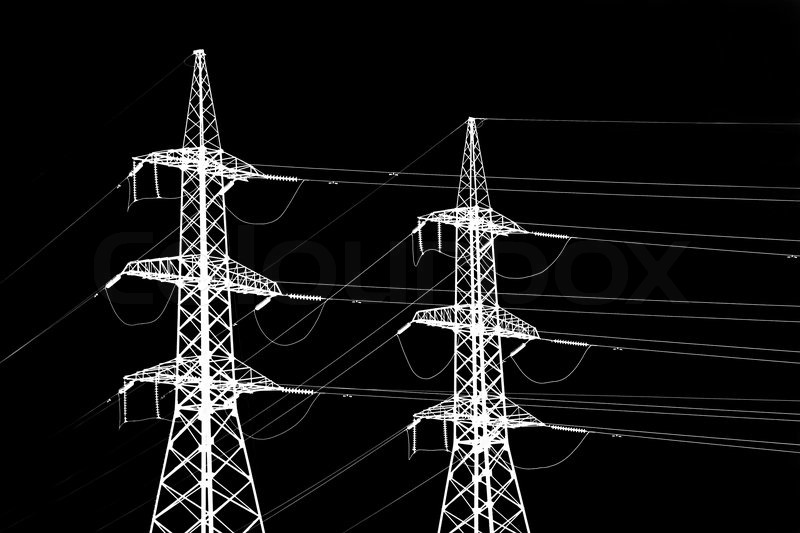- Power Sector Losing N24bn Monthly to Imported Fuel –Fashola
The Nigerian electricity supply industry is losing an estimated N24bn monthly as a result of the importation of fuel such as diesel for alternative sources of energy, the Minister of Power, Works and Housing, Babatunde Fashola, has said.
According to Fashola, Nigerians consume about 300 million litres of diesel every month and 75 per cent of this volume is imported, while about 40 per cent is used in generators to produce electricity.
The minister stated these at the 24th monthly power sector stakeholders’ meeting hosted by the Transmission Company of Nigeria in Abuja on Monday, and explained that about N24bn was being lost by the sector as a result of the importation of fuel on a monthly basis.
Fashola, who was represented by the Minister of State II for Power, Works and Housing, Suleiman Hassan, said, “Many power consumers use diesel. Diesel importation has been declining over the last two years. Many are reporting that they ran their generators for noticeably few hours. This is progress. However, Nigerians still consume about 300 million litres of diesel every month and most of this is used to power generators.
“About 75 per cent is imported, putting pressure on scarce foreign exchange. Assuming 40 per cent of the consumption is used for power generation at an average of price of N200 per litre, the electricity industry is losing N24bn every month largely to imported energy.”
He also stated that the amount used in importing fuel as an alternative source for generating power could be channelled for use in the electricity supply industry, as about 2,000 megawatts of power remained unutilised in the sector.
Fashola said, “There is about 2,000MW of electricity generating capacity that is unutilised. Therefore, the challenge of the moment before the industry is how to deliver the unutilised capacity to consumers, who are willing to pay for it and are already paying dearly for alternatives.
“Problems like this require creative solutions and we don’t have any time to waste. The N701.9bn payment reassurance programme is a creative solution that appears to be having the desired effect for stabilising the gas and generation end of the electricity industry.
“If we can creatively and constructively focus on specific win-win projects, four policies provide effective tools to quickly resolve the challenges we now face. The first two, the eligible customer regulation and the meter service provider regulation, are already subjects of detailed discussions and NERC regulatory action.”
Fashola added that the eligible customer regulation allowed large consumers to buy their power directly from the generation companies and then enter into contracts with the Transmission Company of Nigeria and distribution companies to have the power delivered to them.
“To plan an orderly win-win implementation of this policy, the ministry is hosting a discussion with the Manufacturers Association of Nigeria and other interested large consumers of the policy on Tuesday (today),” the minister said.
He stated that the meter service provider regulation could unlock investments in metering, which was urgently needed to boost consumer trust and collection efficiency.
The minister added “Government seeks to apply that policy through private companies and local meter manufacturers to invest N39bn in meters as settlement of a court judgement in favour of the government.
“The distribution expansion programme aims to rapidly construct 2,500MVA of dedicated 33kV lines and packaged substations to deliver unutilised power to target consumers and Discos. It is our hope that we will all put our heads together to serve the public effectively.”

 Billionaire Watch3 weeks ago
Billionaire Watch3 weeks ago
 Startups4 weeks ago
Startups4 weeks ago
 News4 weeks ago
News4 weeks ago
 News4 weeks ago
News4 weeks ago
 Bitcoin4 weeks ago
Bitcoin4 weeks ago
 Naira4 weeks ago
Naira4 weeks ago
 Forex3 weeks ago
Forex3 weeks ago
 Treasury Bills4 weeks ago
Treasury Bills4 weeks ago

























